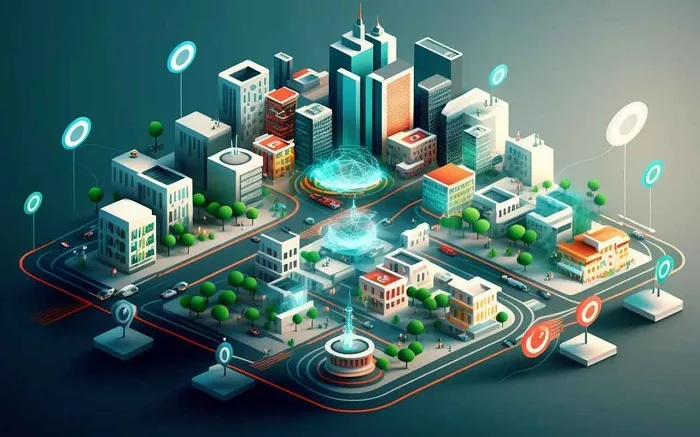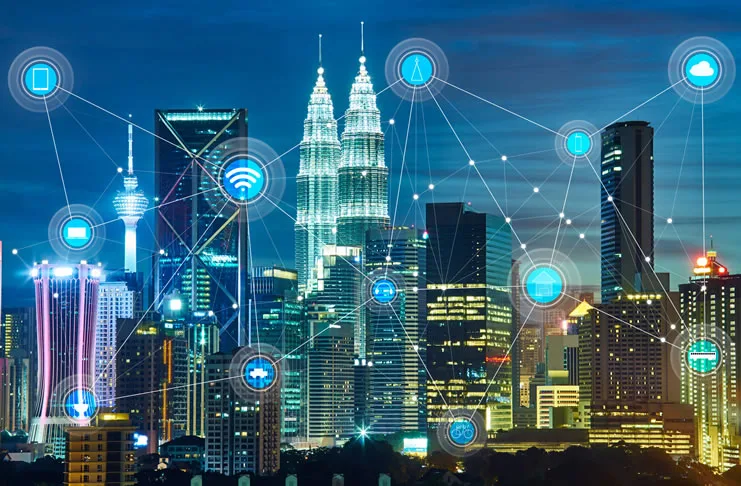Smart City Technology: Paving the Way for Urban Innovation

Smart city technology stands at the forefront of transforming urban landscapes into more sustainable, efficient, and livable spaces. This article delves into the technology’s genesis, operational mechanics, global applications, and its potential to reshape our urban futures.
The Genesis of Smart City Technology
Smart city technology, a blend of information, communication, and IoT technologies, was conceptualized to optimize city functions and drive economic growth while improving the quality of life for its citizens through smart computing technology. Pioneered in the early 2000s, companies like IBM and Cisco were instrumental in laying the groundwork for what would become the smart city movement.
How Smart City Technology Functions and Its Potential
At its core, smart city technology leverages data collected through sensors and analytics tools spread across the city to improve infrastructure, public utilities, and services. It encompasses everything from traffic and transportation systems to water supply networks, waste management, and energy-saving in public spaces. The potential for smart city technology to streamline operations, reduce costs, and enhance citizen engagement is immense, marking a significant leap towards urban sustainability.
Implementation Across the Globe
From Singapore’s Smart Nation initiative to Barcelona’s integrated IoT systems for parking and lighting, cities worldwide are embracing smart technology to address urban challenges. Amsterdam’s smart energy grids and Copenhagen’s ambitious goal to become carbon-neutral by 2025 further exemplify the global commitment to urban innovation through smart technology.
The Promising Horizon of Smart City Technology
Smart city technology promises to revolutionize urban living, making cities more responsive to the needs and well-being of their inhabitants. By solving critical issues such as traffic congestion, energy consumption, and public safety, smart cities aim to create a more sustainable and efficient urban future.
The Flip Side: Challenges and Concerns
Despite its potential, smart city technology faces challenges, including privacy concerns, data security risks, and significant initial investment costs. The complexity of integrating new technologies into existing urban frameworks also presents a considerable hurdle.

Beyond Urban Spaces: Expanding the Reach of Smart Technology
The application of smart city technology extends beyond urban environments, promising innovations in areas such as agriculture, healthcare, and education. Smart farming techniques, telehealth services, and digital learning platforms are just a few examples of how this technology can benefit society at large.
Smart City Technology: A Passing Trend or the Future?
While challenges exist, the trajectory of smart city technology suggests it is far from a temporary hype. With ongoing advancements and a growing emphasis on sustainable development, smart city technology is poised to play a pivotal role in shaping the future of urban living.
